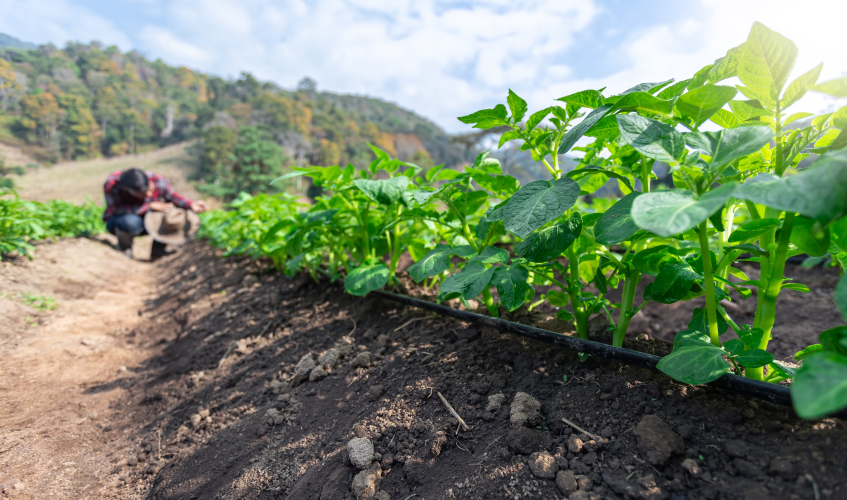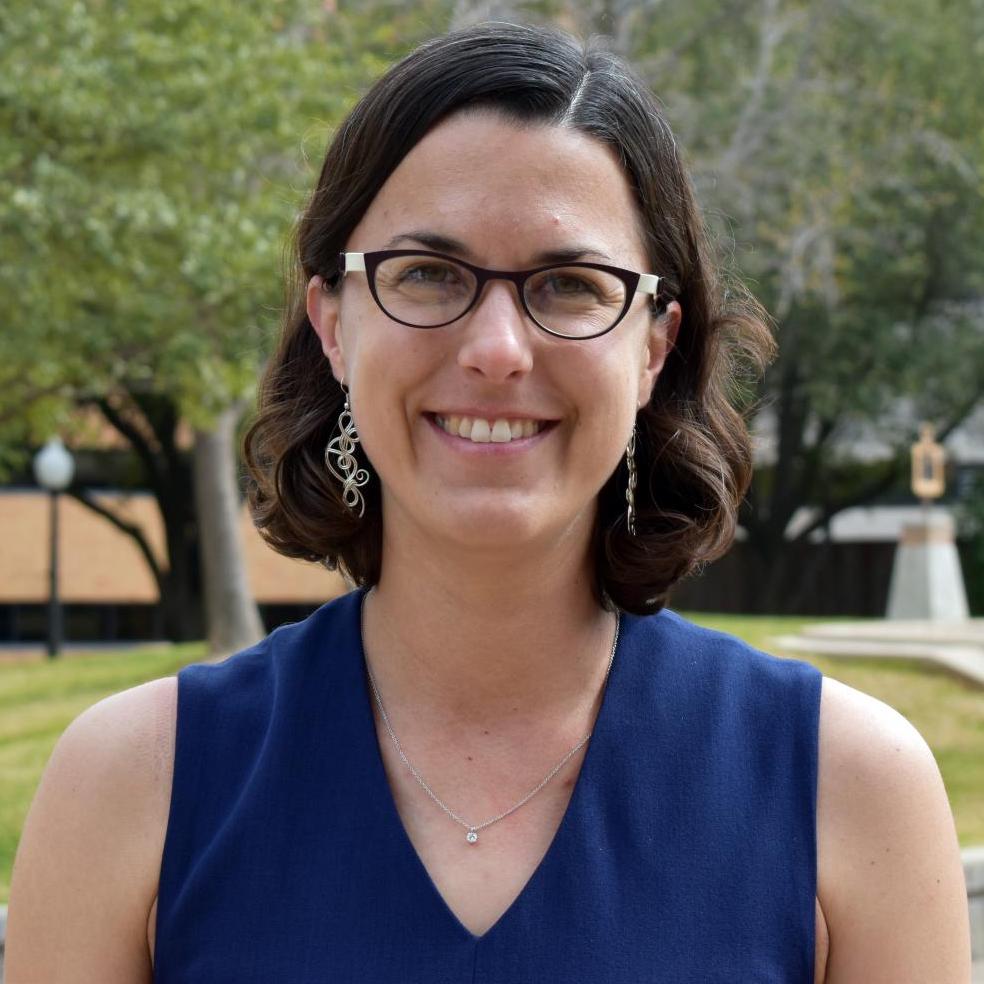Amy Sprague
April 24, 2025

How one ISE alum is reimagining food systems.

ISE alum Caroline Krejci
When most people think of industrial and systems engineering, they might envision manufacturing plants or supply chain logistics. But ISE alum Caroline Krejci (ISE Ph.D. '13), now an associate professor of industrial engineering at The University of Texas at Arlington, is applying these tools to a different kind of production system: helping small-scale farmers survive and thrive in an increasingly challenging agricultural landscape.
Using sophisticated computer modeling techniques, Krejci and her team are tackling one of the most pressing questions in American agriculture: How can we create more resilient regional food systems while helping farmers remain economically viable?
"The main challenge is helping farmers become more economically resilient," Krejci explains. "For small-scale farmers especially, survival is really tough. We're trying to understand how they make decisions about what to produce and which market channels to use, then model different scenarios that could help them succeed."
At the heart of Krejci's research is a powerful computational tool called agent-based simulation. "Think of it like SimCity," she says. "We create virtual farmers who can make independent decisions, communicate with each other, and respond to changes in their environment. We can program them with different goals, preferences, and behaviors based on real data we collect from actual farmers."
This innovative approach is currently being put to work in Texas, where Krejci's team is exploring whether commodity farmers might diversify into specialty crops for local consumption. The implications could be far-reaching, potentially improving both water quality and food resilience in the Des Moines, Iowa, metro area.
"What we're finding is that it takes a lot to get commodity farmers to change direction," Krejci notes. "There are so many incentives to stick with what they're doing. But our models show that with the right combination of policies and support systems, we could see significant gains in local food production."
Krejci's work exemplifies the versatility of industrial engineering principles. "ISE really sets you up to go in any direction you want," she reflects. "We're not just working in traditional manufacturing anymore. We're addressing climate change, sustainability, and resilience - trying to do more with less while helping both the environment and the bottom line. That's what industrial engineering is all about."
For Krejci, her time in our department laid the groundwork for this unique career path. She credits not just the technical excellence of the program, but also the supportive faculty environment that encouraged creative applications of ISE principles.
As food security and sustainable agriculture become increasingly critical global issues, Krejci's work demonstrates how industrial engineering tools can help shape solutions to some of society's most pressing challenges. It's a reminder that sometimes the most innovative applications of engineering principles come from thinking outside the traditional box.
"I love when students, especially those from farming backgrounds, discover that industrial engineering can be applied to something so personally meaningful to them," Krejci says. "That's when they really get excited about the possibilities."